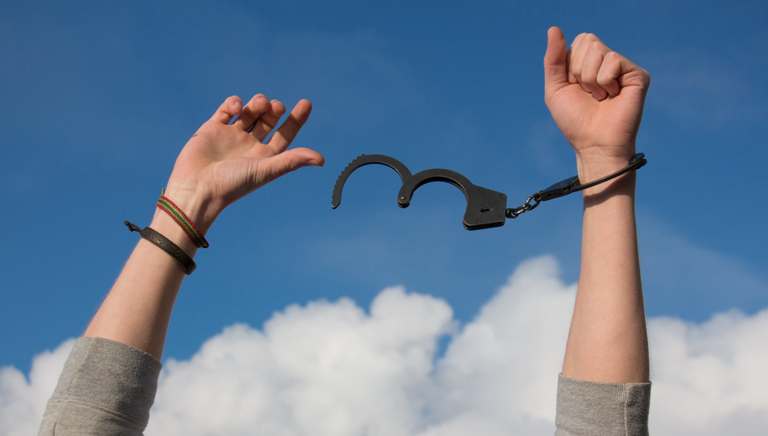Getting someone out of jail is a heavy undertaking, which an Adams County bondsman can help you with. However, there are important things you need to know before you proceed with bail in bonds.
Some Factors Can Influence The Bail Amount
The judge follows a schedule when posting bail. He/she is also controlled by the Eighth Amendment. No judge is allowed to demand excessive bail against someone as a form of “punishment” or as a way for the court to earn money.
However, the judges also decide whether or not to grant bail as well as the amount based on:
- The type and severity of the offense – bail for felonies are five to ten times higher compared to bail for a misdemeanor.
- A person’s ties to the place of arrest
- The defendant’s criminal record
- History of attending past court trials
- If the defendant is a danger to himself or the community
Denver County Bail Bonds are Fixed
The State of Colorado regulates bail bonds. A Denver bail bondsman is allowed to charge 10%-15%. More often than not, 10 percent of bail bonds are asked depending on the amount of bail set. This means you cannot haggle with your bail bonding agent. If your bondsman in Denver County agrees to lower the premium to less than 10%, you should report it to the Colorado Division of Insurance. This is the government agency that regulates bail bonds. They can impose penalties against a bail bondsman or a bail bonding company for failing to comply with state rules.
You Can Appeal Your Bail Amount
If you think the bail is excessive or you cannot afford it even with the help of a bail bondsman, you can file a motion to have it reduced. A good lawyer is needed to make your case clear and heard. Only do this with advice from a lawyer. When you talk to a judge, make sure that you know everything that you need to know about the case. Anything you say will bear weight on the judge’s decision whether or not to reduce bail, increase, or revoke it. Do note that regardless of the conclusion of the judge, you still have to pay for Denver bail bonds.
Collateral Can Come in Many Forms
When you sign for bail bonds on behalf of a defendant, you set yourself as an indemnitor. You’ll be asked to put something up as collateral depending on the amount of bail. Collateral can be:
- Real estate property
- Pieces of Jewelry
- Precious items (e., gold, silver, diamonds, emeralds)
- Gadgets or gaming rigs (should be running and in almost mint condition)
- Vehicles (e., cars, trucks, vans, trailers, yachts, or boats)
The collateral should be equal or more than the bail amount before it can be useful for express bail bonds.
A Bail Bondsman is Not a Loan Shark
Although bail bonds or surety bonds are loans, a licensed bail bondsman earns through the premium paid. No licensed bail bond agent is allowed to charge higher or ask for more than what is required for posting bail. If there are fees to be covered on occasions, every fee paid should be presented with a receipt.
You Need Special Permission to Leave Your State or Country
It can be hard to get arrested if you are from out of state or live outside the country. Should an emergency or important business require you to leave Denver or the State of Colorado, or the even USA, you must get special permission. Present your case in court to be allowed to leave. You also need to contact your bail bonding agent and let them know of your situation.
The Defendant Has Several Responsibilities to The Court as Well as The Bonding Company
Depending on the condition of the bail, the defendant must:
- Appear at every single court dates.
- Attend rehabilitation or programs
- Stay within location boundaries set by the court.
- Register and complete the paper works with the 24-hour bail bonding company
- Inform the Denver County bondsman about any changes in address, phone number, or employment
- You settle the premium even if the trial is over and the court has reached a decision
- Get a bond discharge form when the bond is released or exonerated.
If you find yourself confused with your surety bail bonds, VIP Bail Bonds have got you covered. Our bail bondsmen in Denver have more than 10years experience helping those in need. Our bail hotline is open 24 hours a day, 7 days a week. We have all the resources you need to help you understand the full complexity of bail bonds.
It’s best to contact a local bail bondsman if you find yourself arrested in Denver, Colorado. He/she is highly familiar with the laws and regulations surrounding bail bonds in Denver. Contact us now at 720-542-3217, and an expert bail bondsman will answer all your questions.

